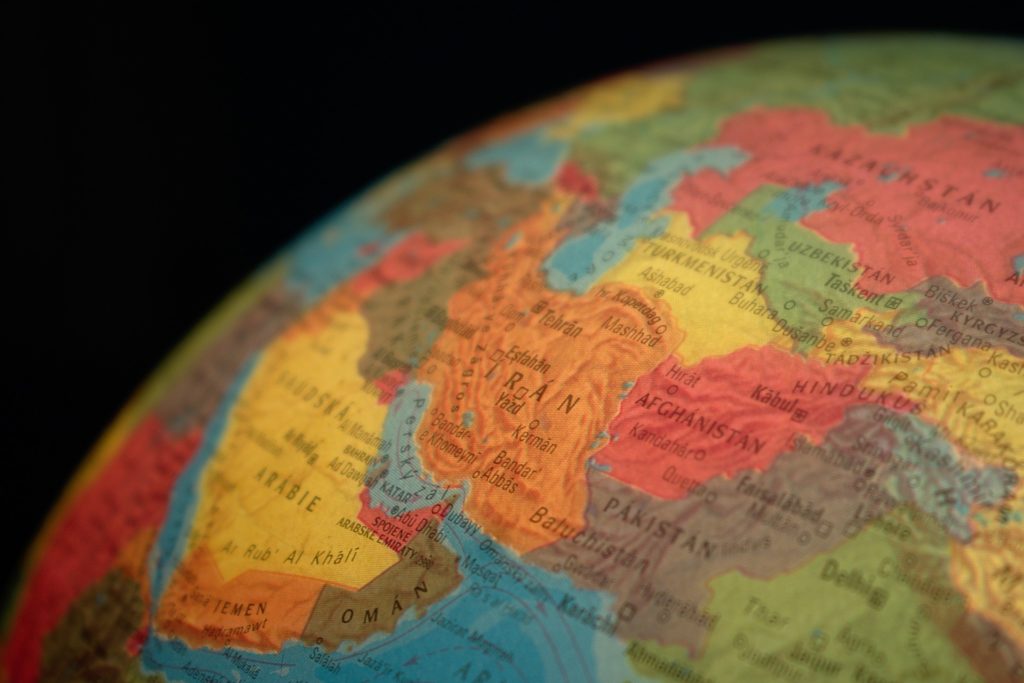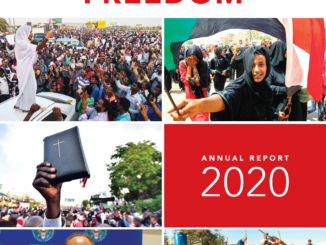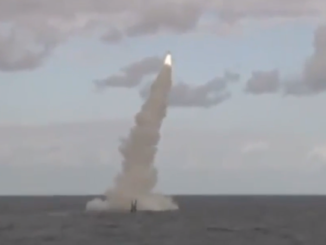 Pakistan and Iran share geographical border besides ties of common faith, culture and history. Both countries have experienced ups and downs in their bilateral relationship. The ‘Iranian Revolution’ in 1979 had drastically changed the situation for the whole region, also affecting Pakistan. Iran always looked askance at the growing influence of Saudi Arabia on Pakistan. Meanwhile, the Saudis viewed the ‘Iranian Revolution’ as a threat to the kingdom; however, the US had shaped it as a ‘sectarian strife’ between the two countries. Unfortunately, Pakistan became a ground for proxy wars waged by the US, Saudi Arabia and Iran. It had drawn Pakistan into a violent sectarian conflict that had a destabilizing impact on its domestic canvass.
Pakistan and Iran share geographical border besides ties of common faith, culture and history. Both countries have experienced ups and downs in their bilateral relationship. The ‘Iranian Revolution’ in 1979 had drastically changed the situation for the whole region, also affecting Pakistan. Iran always looked askance at the growing influence of Saudi Arabia on Pakistan. Meanwhile, the Saudis viewed the ‘Iranian Revolution’ as a threat to the kingdom; however, the US had shaped it as a ‘sectarian strife’ between the two countries. Unfortunately, Pakistan became a ground for proxy wars waged by the US, Saudi Arabia and Iran. It had drawn Pakistan into a violent sectarian conflict that had a destabilizing impact on its domestic canvass.
Pakistan and Iran were directly affected by the developments in Afghanistan as both countries had experienced a massive influx of Afghan refugees, but both countries are now in favour of establishing peace and stability in Afghanistan. Similarly, the China-Pakistan Economic Corridor (CPEC) has opened up vast opportunities not only for accelerated development of Pakistan but also for the entire region, including Iran. The Iranian officials have publicly indicated their interest in becoming part of this venture. Sometimes, unwarranted concerns are heard about Chabahar being a rival port to Gwadar. However, it is important to mention that Iranian Foreign Minister Mohammad Javad Zarif while talking in a ceremony held at the Institute of Strategic Studies Islamabad (ISSI) on 12th March 2018 stated that Iran will never allow anybody to hurt Pakistan from its territory. Likewise, Pakistan will never let anybody to harm Iran through its territory. He further stated that Iran’s relations with India, just like Pakistan’s relations with Saudi Arabia, are not against Pakistan. The Iranian authorities have declared both Chabahar and Gwadar as sister ports, but the mere declaration is not enough. Possible concrete areas of complementing and inter-operability have to be identified.
India will keep manipulating the Iranian soil against Pakistan. Frequent combing of the area at the Pak-Iran border is necessary, keeping in view the prevailing security environment and continuous illicit Indian activities against Pakistan. The acts of the Baloch nationalists have been creating instability in the province with the support of India’s intelligence agencies. This is one of the major concerns, as was validated by the arrest of Kulbhushan Jadev who admitted to his involvement in carrying out terrorist activities to destabilize the country. The negative and subversive role of India must be mutually checked by Iran and Pakistan, as it could lead to irreparable damage to the Pak-Iran relations.
The US decision to withdraw from the Iran nuclear deal could also become a major challenge for regional stability. Unfortunately, Iran has been subjected to US sanctions, which could also affect Pak-Iran economic links. The Iran-Pakistan (IP) gas pipeline project which was conceived in 1995 could not be implemented owing to the US opposition. In February this year, Tehran formally issued a notice to Islamabad and said it was moving an arbitration court against Pakistan for failing to lay down the pipeline in the Pakistani territory, but Pakistan cannot execute the IP gas pipeline as long as Tehran is under the US sanctions regime. A diplomatic approach with the Iranian authorities to amicably resolve this matter is direly needed, as India could exploit the situation against Pakistan.
Pakistan played a very positive role by offering mediation between Saudi Arabia and Iran. The Saudi-Iran animosity is benefitting the US and its allies. If they remain stable, the whole neighbourhood will remain stable. Similarly, Pakistan rightly refused to be drawn into the Saudi-Iranian conflict in Yemen and preferred to play a mediatory role to lessen the tensions.
The issue of cross-border terrorism has been a destabilizing factor between Pak-Iran relations. Recently, 14 Pakistani security personnel were martyred in Ormara by the Baloch militants who came from their camps along the Iranian border. Pakistan has now announced that it will fence the entire Pak-Iran border. It would go a long way in preventing recurrence of the terrorist incidents orchestrated by the RAW-NDS nexus exploiting the Iranian soil.
Tensions have increased between Iran and the US since last year when the US President Donald Trump withdrew from the nuclear deal. The US investigators also accused Iran or the groups it supports of using explosives to damage tankers off the UAE coast, but Tehran has denied the allegations. Iran’s Foreign Minister Javad Zarif stated that Tehran did not want a war. Apart from that, Pakistan is also in favour of peace and expects all sides to show restraint as a miscalculated move can lead to large-scale conflict. It is apprehended that the US will not attack Iran due to specific reasons. The US has been undergoing peace talks with the Afghan Taliban, and it will not be feasible for the US to open another front. Similarly, Iran will be supported by China and Russia as they have vested interests in the region too.
The whole Muslim Ummah, especially Iran, Saudi Arabia, Turkey and Pakistan must pursue the policy of mutual cooperation and consultation to bring peace and prosperity among the Muslims. The Muslim countries must not attempt to secure themselves on the behest of destabilizing any other Muslim country. Pakistan must support a peaceful and secure Iran because it can help Pakistan in addressing the energy crisis by providing oil, electricity and gas.
Likewise, Iran must not use its Chabahar port while under Indian-sponsorship against Pakistan; also Pakistan needs to assure Iran that its relations with other countries would not affect the Pak-Iran ties. Iran should be encouraged to invest in the CPEC project in consultation with China, as completion of the CPEC will eradicate poverty, which has been responsible for extremism and terrorism on both sides of the border.
The author has completed ‘MSc Political Studies’ from Quaid-i-Azam University, Islamabad and ‘MPhil International Relations’ from National Defence University, Islamabad.




Be the first to comment